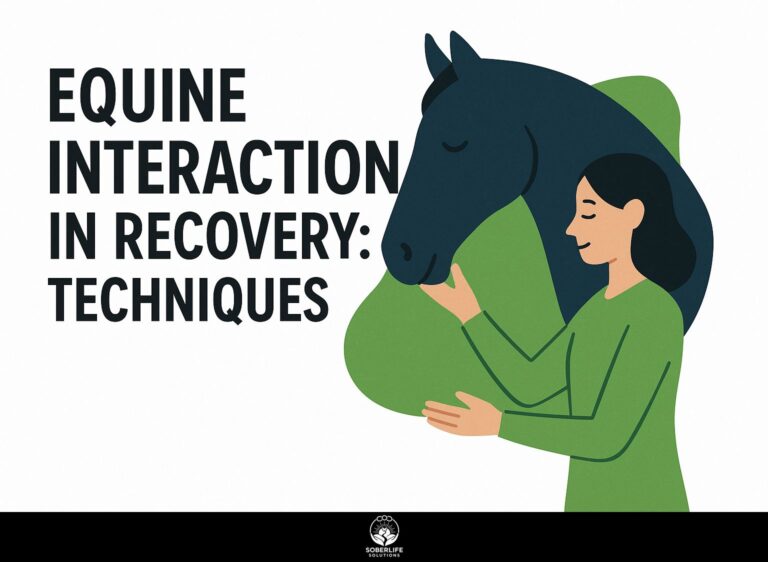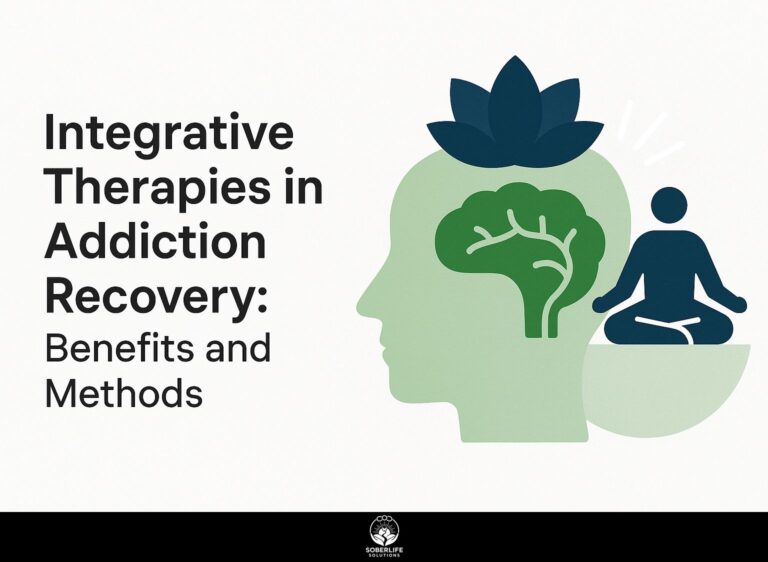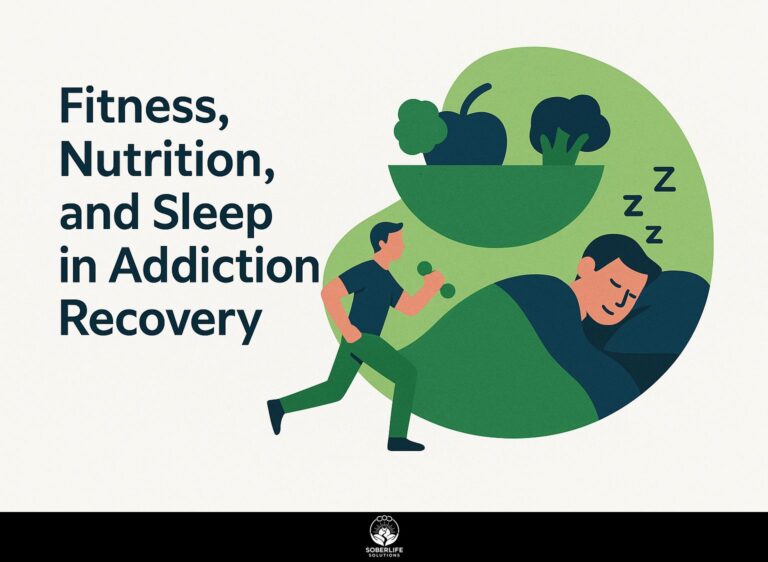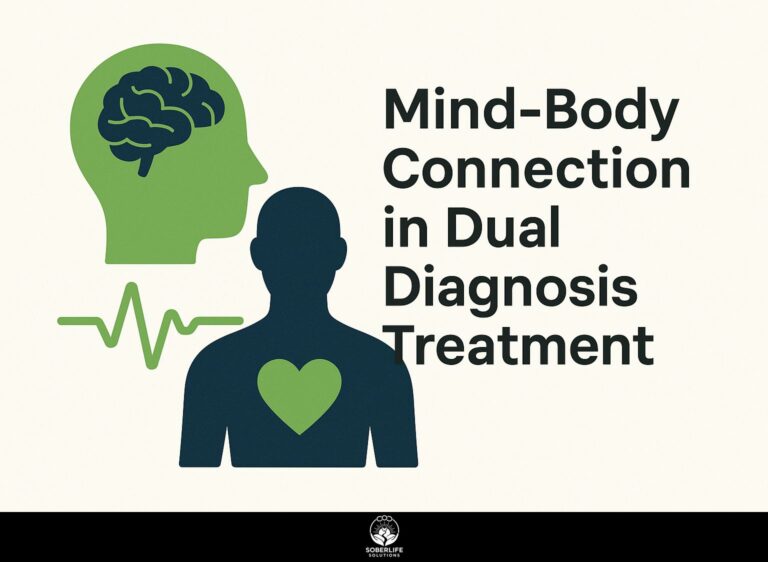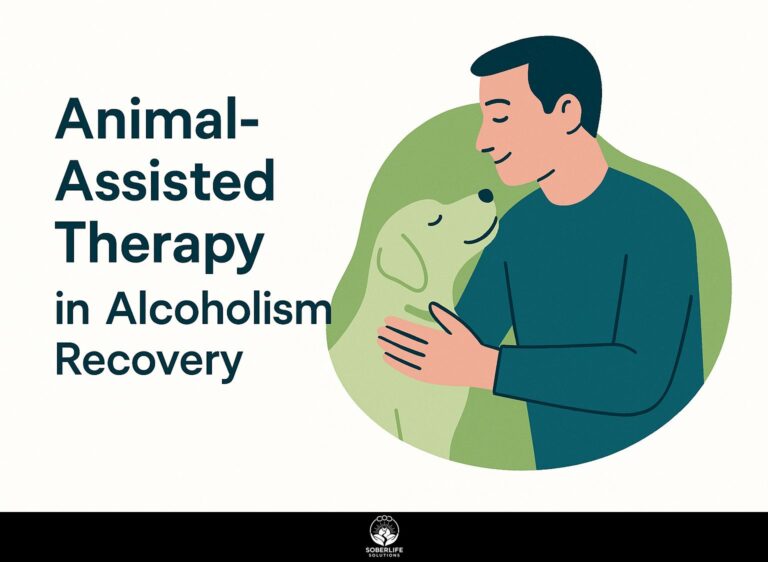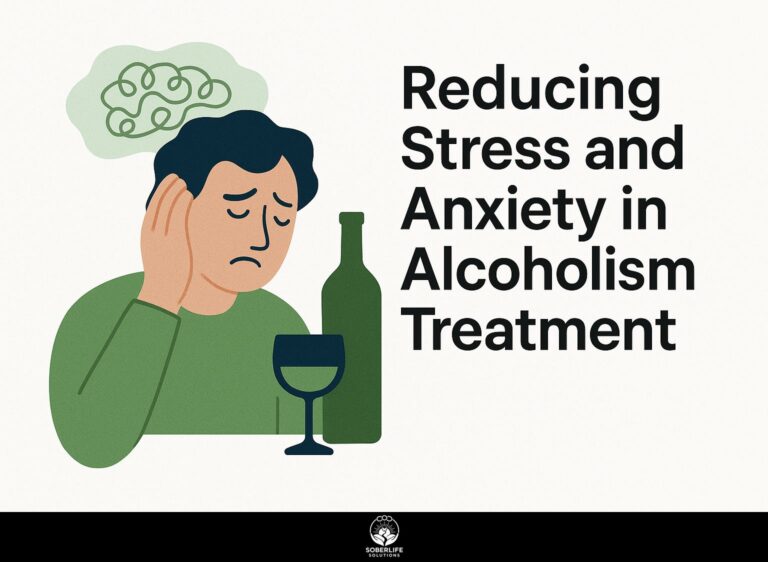Spiritual Direction in Recovery Plans: Integration
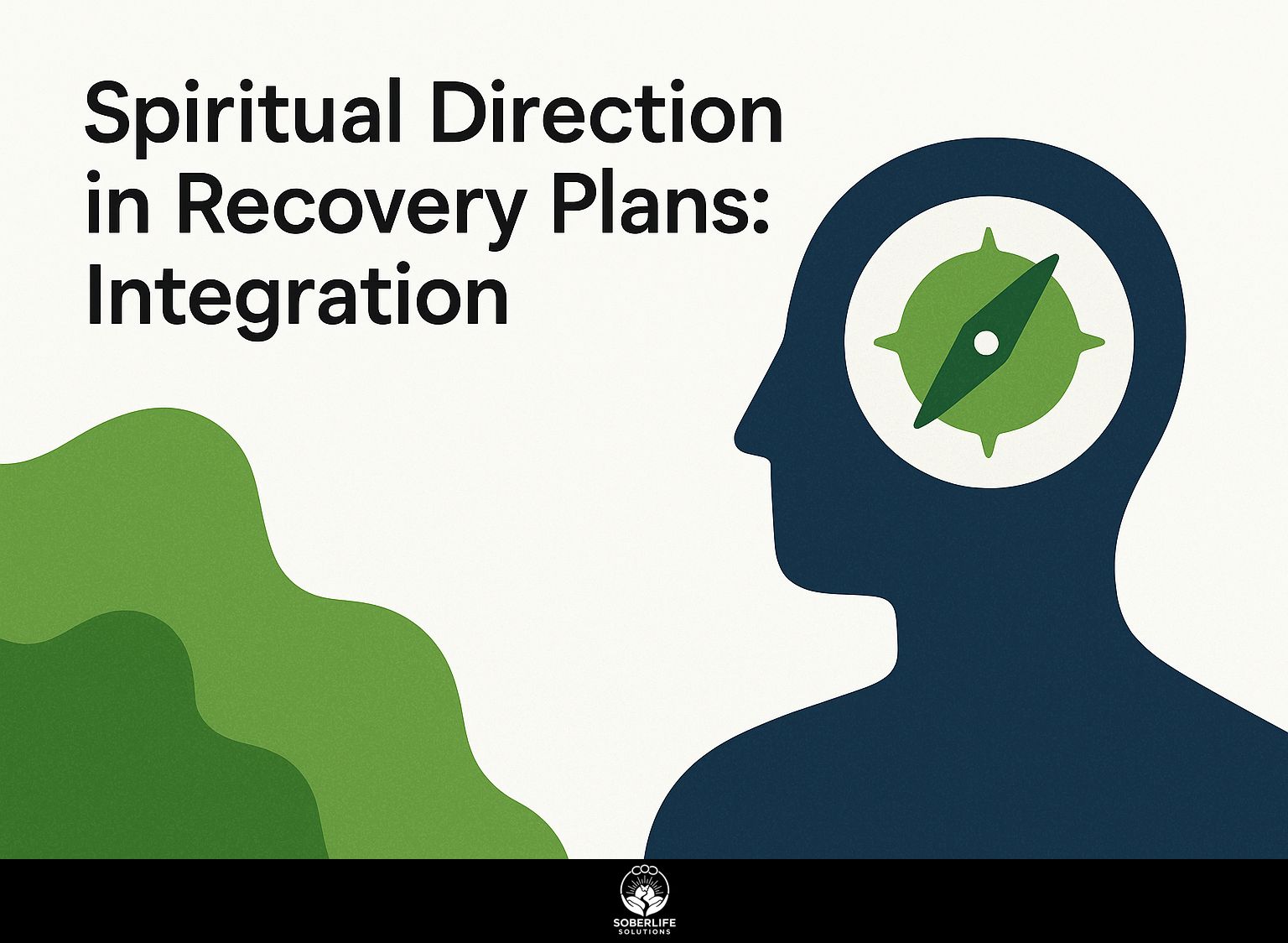
Introduction to Spiritual Direction in Recovery
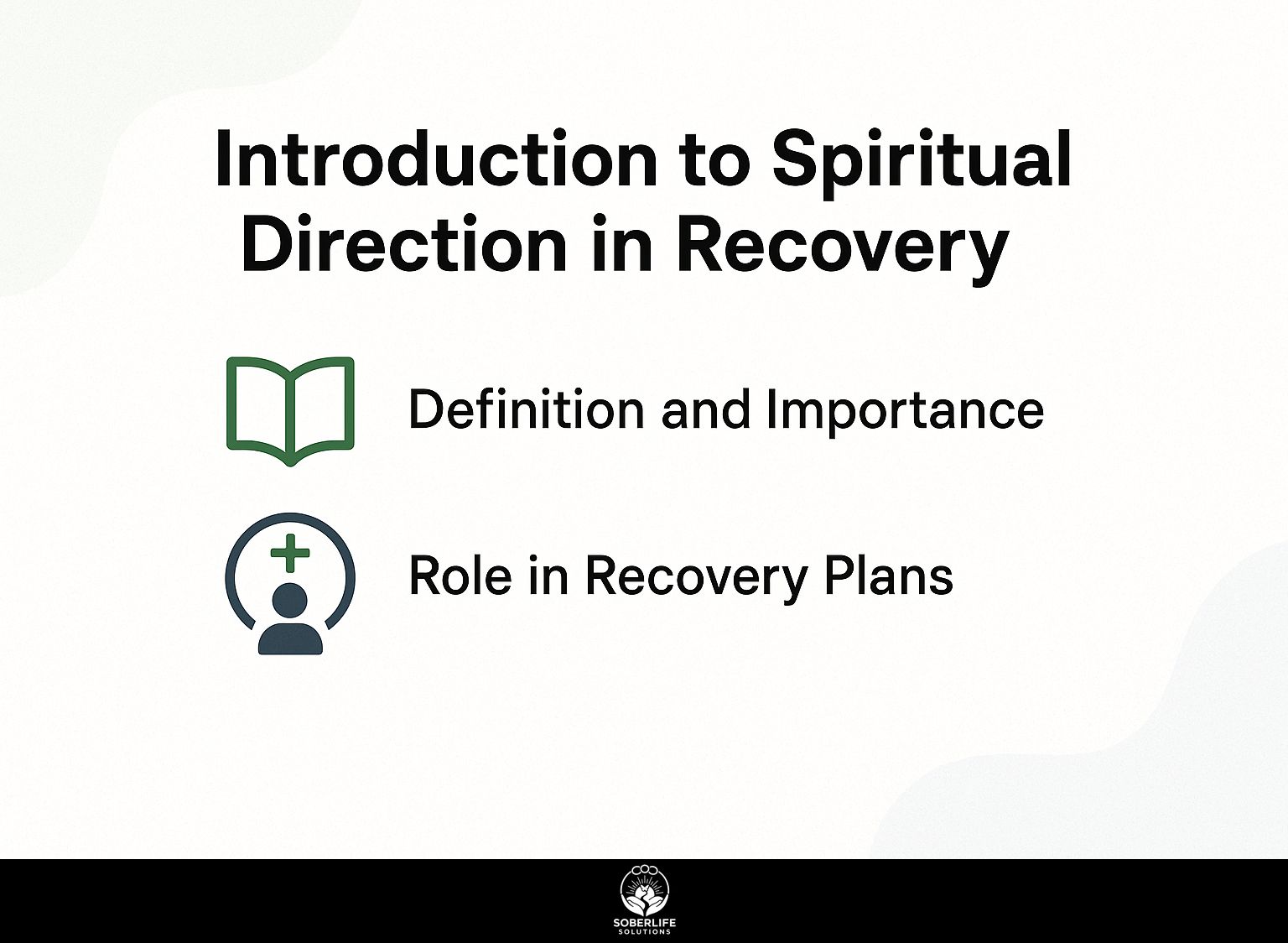
Adding spiritual support to addiction recovery can change lives. Faith-based recovery approaches, such as Alcoholics Anonymous and Narcotics Anonymous, emphasize spiritual principles and the importance of connecting with a higher power. Combining mindfulness techniques from Buddhism with traditional 12-step programs improves this process. This article describes how spiritual support can improve recovery plans, giving practical information for those looking for more healing and connection in their journey to sobriety.
Key Takeaways:
Definition and Importance
Spiritual direction is a personal meeting where people discuss their spiritual concerns, important for those looking for emotional help in recovery.
In recovery groups like Alcoholics Anonymous (AA) and Narcotics Anonymous (NA), spiritual guidance is very important. It helps people find their personal stories and creates a sense of unity, which is important for healing. This is supported by research from Taylor & Francis showing the critical role of spirituality in addiction recovery.
For example, a recovered alcoholic might work with a spiritual director to unpack feelings of guilt and identify spiritual resources that promote resilience. Participating in group discussions where people share their experiences creates a strong support network, which is important for long-term recovery.
Role in Recovery Plans
Adding spiritual guidance to recovery plans greatly improves commitment and success, as shown in faith-based recovery programs.
For example, Celebrate Recovery uses a planned method that mixes traditional recovery steps with spiritual guidelines. Participants engage in small groups, share personal struggles, and practice reflective prayer.
Weekly meetings offer a sense of community and strengthen the spiritual basics needed for healing. A participant might talk about how they added mindfulness and prayer to their daily routine, which helped them manage their emotions better. Related insight: Spiritual Factors in Alcohol Recovery: Risk and Integration
This approach helps people deal with spiritual issues along with their addiction, leading to a deeper and lasting recovery.
Understanding Recovery Plans
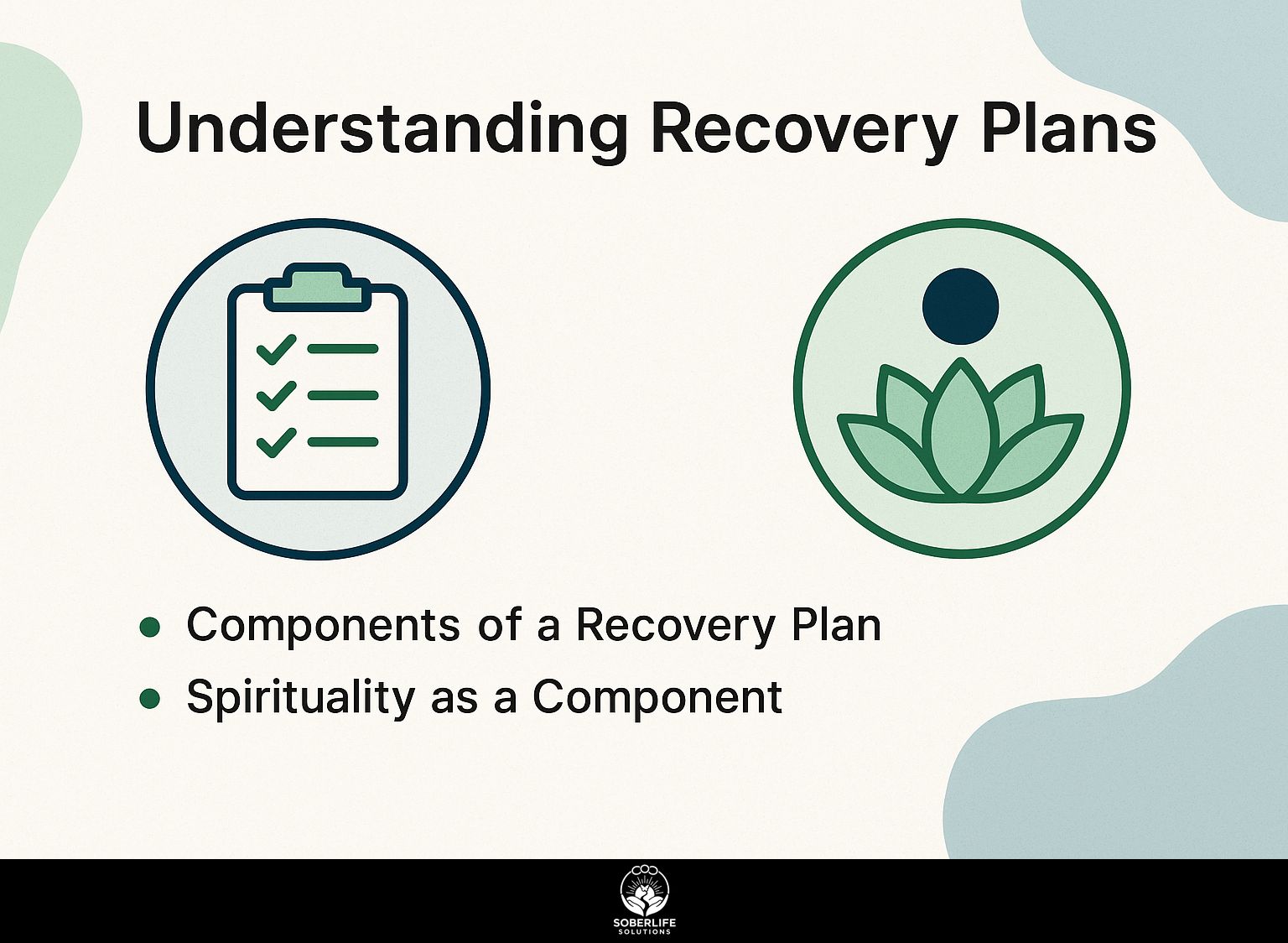
A detailed recovery plan includes different parts to make sure people get the tools they need to meet their recovery aims successfully. One important aspect is understanding how to set and maintain a relapse prevention plan to avoid setbacks and stay on track.
Components of a Recovery Plan
Key components of an effective recovery plan include clinical interventions, community support, and spiritual practices, addressing both mental health and emotional resilience.
Using clinical coordination, helpful support groups, and individualized coping methods greatly improves recovery results.
For instance, integrating cognitive-behavioral therapy (CBT) sessions helps individuals reframe negative thoughts, improving emotional regulation.
Joining support groups like Alcoholics Anonymous (AA) helps build a sense of community and offers a clear system for staying accountable.
Adding spiritual activities like meditation can improve inner peace and awareness, helping to lower stress.
Statistics show that individuals using a blend of these components are 50% more likely to sustain long-term recovery, underscoring their necessity.
Spirituality as a Component
Spirituality is an important part of recovery plans, encouraging complete healing with practices from different faith traditions.
Integrating spirituality into recovery can significantly reduce relapse rates. Buddhist books like ‘The Heart of the Buddha’s Teaching’ emphasize being aware and kind to achieve inner peace.
Christianity provides tools such as ‘The Twelve Steps’ from Alcoholics Anonymous, which promotes building a personal connection with God to increase support and responsibility. In the same way, Jewish writings like the ‘Book of Psalms’ offer comfort and a chance to think deeply, supporting people as they face challenges.
Using these spiritual resources, individuals can find more meaning and strength in their recovery. This approach aligns with the principles outlined in our exploration of Spiritual Factors in Alcohol Recovery.
Integration of Spiritual Direction
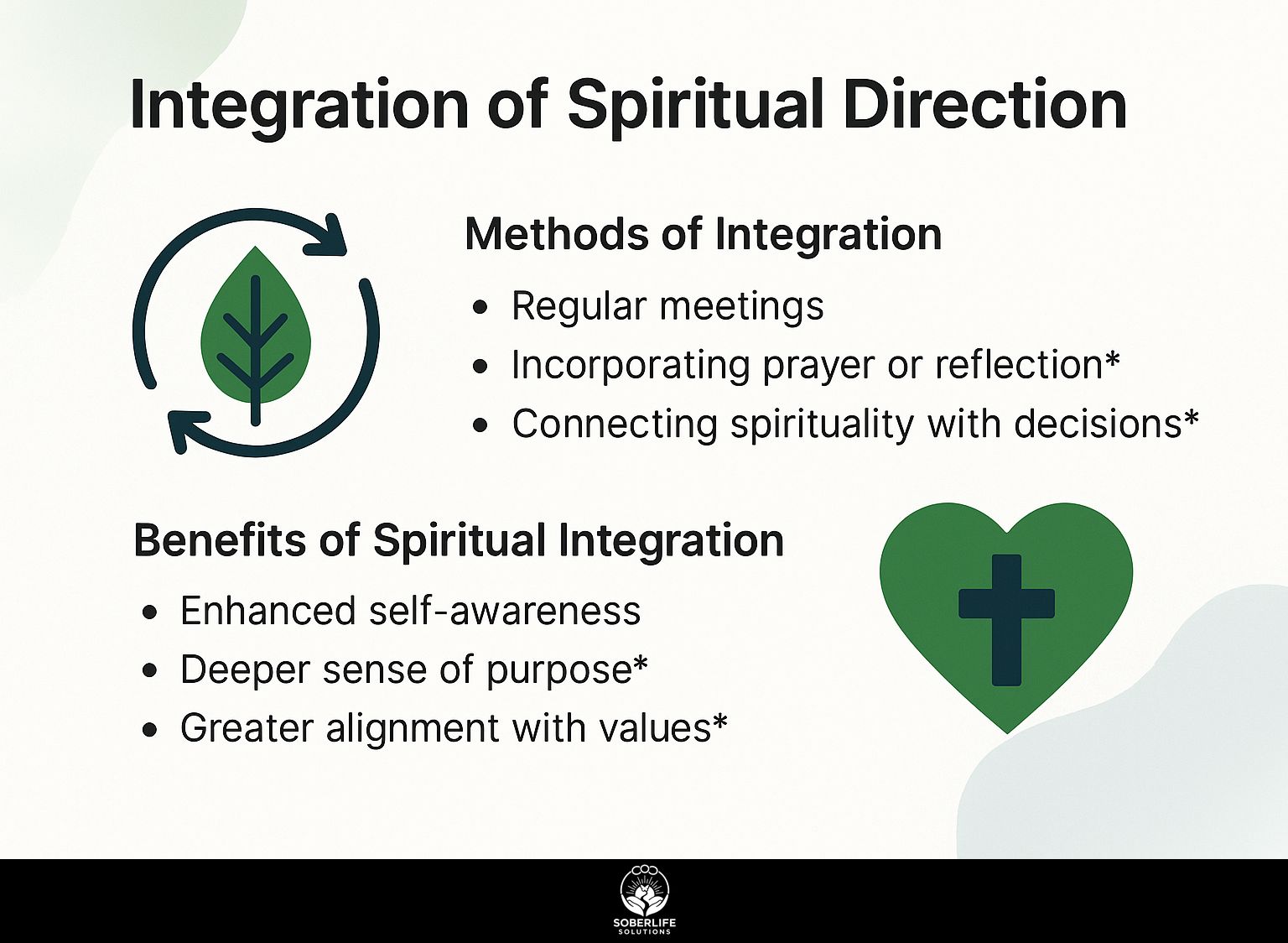
Adding spiritual guidance to recovery programs increases participants’ commitment and emotional well-being, resulting in more enduring recovery outcomes. For those seeking expert insights on this integration, our analysis on spiritual factors in alcohol recovery offers valuable perspectives on risk and integration.
Methods of Integration
Effective methods for integrating spiritual direction include group worship, mindfulness meditation, and individual spiritual counseling sessions.
To put these methods into action, begin by arranging weekly group gatherings for worship. In these meetings, participants can share personal stories to build connections and encourage reflection.
Use mindfulness meditation apps like Headspace or Calm for fifteen minutes each morning to start your day positively. Respected sources such as UCLA Health recommend incorporating guided meditations to foster a sense of calm and focus.
Schedule one-on-one spiritual direction sessions monthly to address individual concerns and goals.
A notable success story comes from a recovery center that adopted these methods, reporting a 30% increase in participant engagement and overall satisfaction within six months.
Benefits of Spiritual Integration
Adding spiritual guidance to recovery offers many benefits, like improved emotional support and stronger social bonds between participants.
By participating in group sessions led by a spiritual director, individuals report a 70% improvement in emotional resilience. These meetings build a helpful group, where many participants make long-term friends that strengthen their path to recovery.
Using tools like meditation apps (Headspace or Calm) along with traditional practices like journaling can improve coping methods.
Research indicates that people involved in spiritual activities tend to have fewer relapses, highlighting the significance of this approach in recovery.
Challenges in Integration
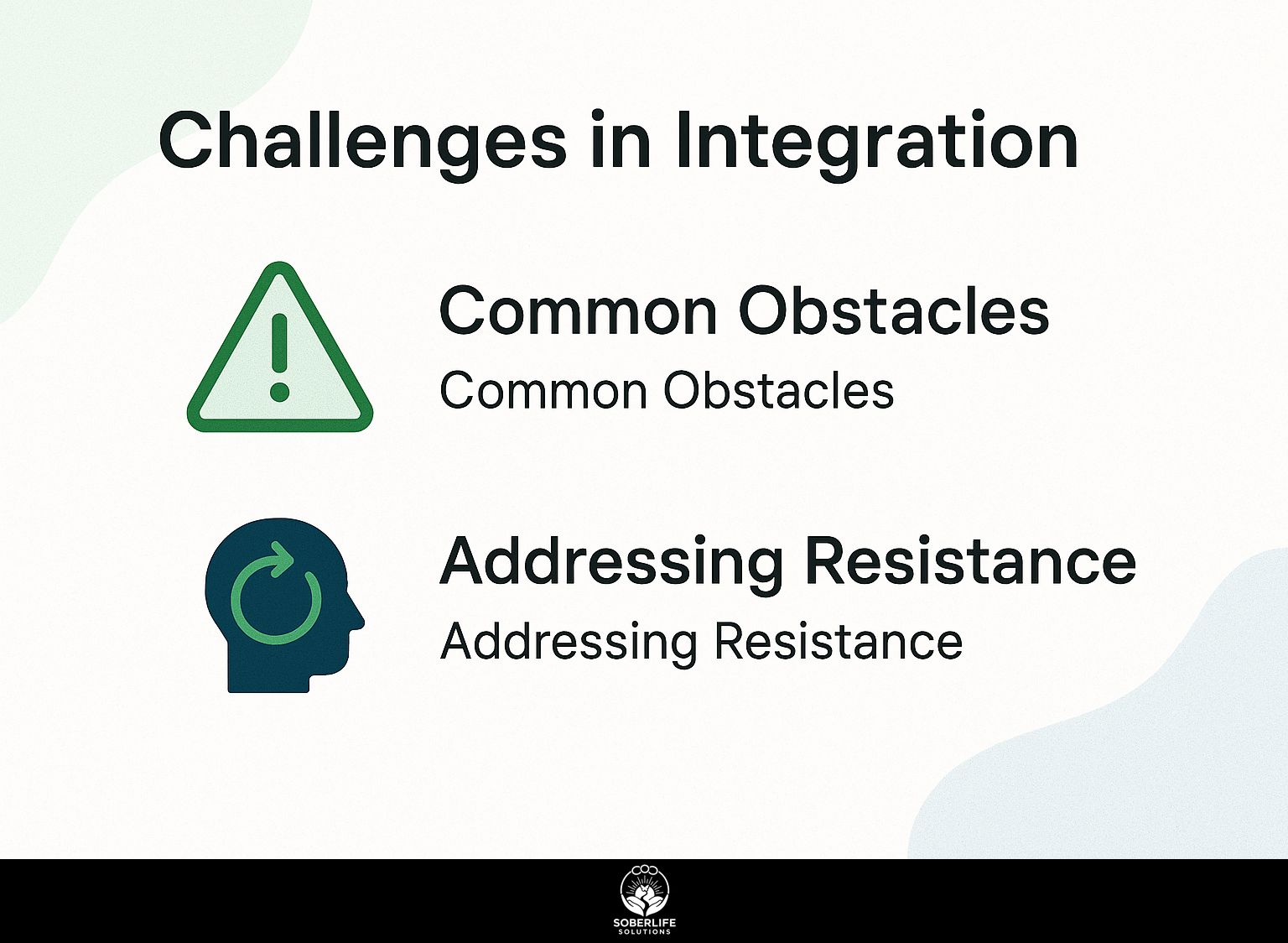
While spiritual guidance can aid in recovery, professionals must address various issues with caution.
Common Obstacles
Common obstacles include skepticism towards spirituality among clients and lack of training for practitioners in spiritual integration techniques.
To effectively address these challenges, practitioners should implement structured educational workshops focused on spiritual integration practices.
For instance, organizing sessions that showcase successful case studies can help alleviate client skepticism.
Providing training materials, such as online courses or certifications from well-known organizations, can help staff feel more confident in their spiritual practices. For those interested in formal education, Southern Methodist University (SMU) offers a Certificate in Spiritual Direction that could be particularly beneficial.
Bringing in experienced spiritual leaders for guest talks can provide useful information, making the practice engaging and grounded in real success.
Addressing Resistance
Addressing resistance to spiritual integration requires a thoughtful approach that emphasizes education and client-centered strategies.
To successfully address this resistance, consider using the following strategies.
- Begin by setting up workshops focused on different spiritual practices, so participants can learn about various views and choose what suits them best.
- Sharing powerful personal stories from people who have successfully included spirituality can help create a feeling of connection and motivation.
- Create a support network that respects diverse beliefs, providing resources and guidance that cater to individual needs while encouraging open dialogue about spirituality.
Case Studies and Examples
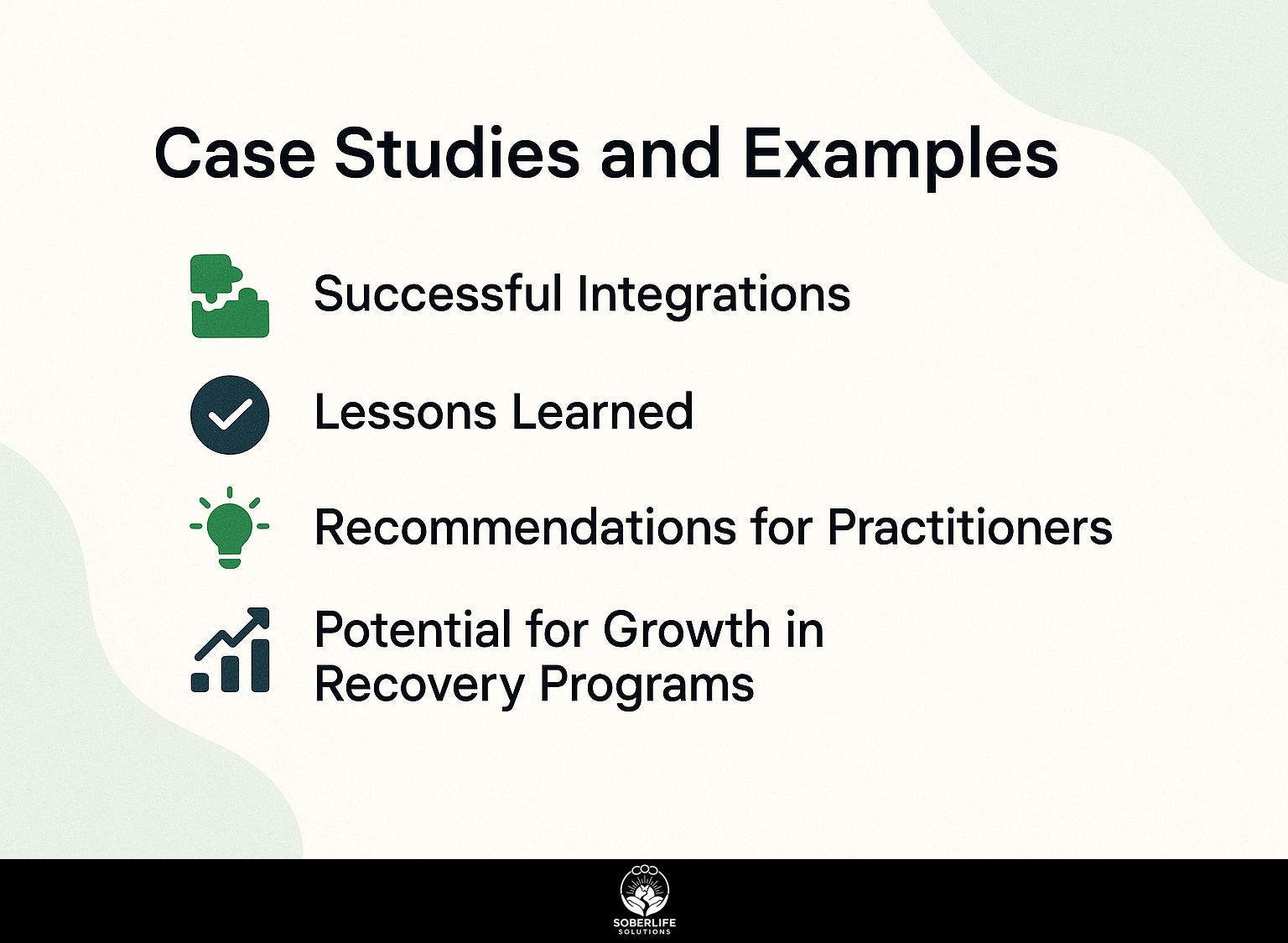
Case studies show how spiritual guidance has been effectively used in different recovery environments, offering helpful information for professionals. One of our hidden gems reveals how integrative therapies can complement spiritual approaches to enhance recovery outcomes.
Successful Integrations
Successful integrations of spiritual direction can be seen in programs like Mountain Laurel Recovery Center, which report a 50% improvement in recovery outcomes.
In the same way, the Phoenix Recovery Project has used spiritual guidance, reaching a 60% satisfaction rate among participants.
Their method mixes personal spiritual evaluations with customized group meetings, encouraging community and self-improvement.
The Serenity Path program integrates mindfulness-based spiritual practices, leading to a reported 55% reduction in relapse rates among participants.
These statistics show how adding spiritual guidance can greatly improve recovery plans. It is important to focus on both mental and spiritual health in complete addiction treatment.
Lessons Learned
Lessons learned from these integrations show the need to be flexible and aware of client needs in spiritual guidance practices.
To apply these lessons effectively, practitioners should prioritize active listening and regular feedback. For example, holding monthly meetings with clients can help assess their changing spiritual needs.
Using tools like Zoom for remote sessions makes meetings easier to join, and journals can encourage thoughtful reflection between meetings. Encouraging clients to set personal goals related to their spiritual path gives them strength and provides customized advice.
A flexible method keeps spiritual guidance important and meaningful.
Recommendations for Practitioners
Practitioners are encouraged to actively include spiritual practices in their recovery programs using approaches that are supported by evidence.
For effective integration, consider training your staff in spiritual direction techniques, such as mindfulness meditation and guided imagery.
Working with local religious groups can improve community outreach, offering extra help through workshops or retreats.
Regularly evaluate the program’s effectiveness by collecting participant feedback and tracking recovery outcomes.
Tools like surveys or focus groups can facilitate ongoing improvement, ensuring that spiritual practices align closely with the needs and experiences of those in recovery.
Potential for Growth in Recovery Programs
The chance for growth in recovery programs that include spiritual guidance is large, as more people look for complete healing.
These programs often succeed because of strong community support, where participants join together in common experiences and help each other.
For instance, integrating practices like group prayer, meditation, or reflection can create a sense of belonging and purpose.
Adjusting methods to respect different belief systems-such as Christian, Buddhist, or non-religious-can improve inclusivity and accessibility.
Programs that involve local faith leaders or community representatives can provide individual guidance, making recovery a priority.
Frequently Asked Questions
What is Spiritual Direction in Recovery Plans: Integration?
Spiritual Guidance in Recovery Plans: Integration involves including spiritual help and support in someone’s recovery plan to achieve complete healing and progress.
Why is Spiritual Direction important in recovery?
Spiritual Direction helps people learn more about themselves and their goals, which increases self-awareness and personal growth. This is important for a recovery plan to succeed.
How can Spiritual Direction be integrated into a recovery plan?
Spiritual Direction can be integrated through practices such as prayer, mindfulness, and connecting with a spiritual mentor or community. These practices can help people with support, direction, and feeling included during their recovery process.
What are the benefits of combining Spiritual Direction with a recovery plan?
Integrating Spiritual Direction into a recovery plan can lead to improved mental, emotional, and spiritual well-being, as well as a greater sense of purpose and connection with a Higher Power. It can also provide individuals with a strong support system and tools for managing difficult emotions and situations during recovery.
Who can benefit from Spiritual Direction in recovery?
Anyone working on recovery, no matter their religious or spiritual background, can find value in Spiritual Direction. It can provide guidance and support for individuals in any stage of recovery, and can help to promote overall well-being and growth.
Is Spiritual Direction a requirement for a successful recovery plan?
No, Spiritual Direction is not a requirement for a successful recovery plan. However, some people find that adding spiritual help and advice can improve their recovery process and lead to more healing and personal development. In the end, each person must choose if Spiritual Direction matches their beliefs and goals for recovery.

